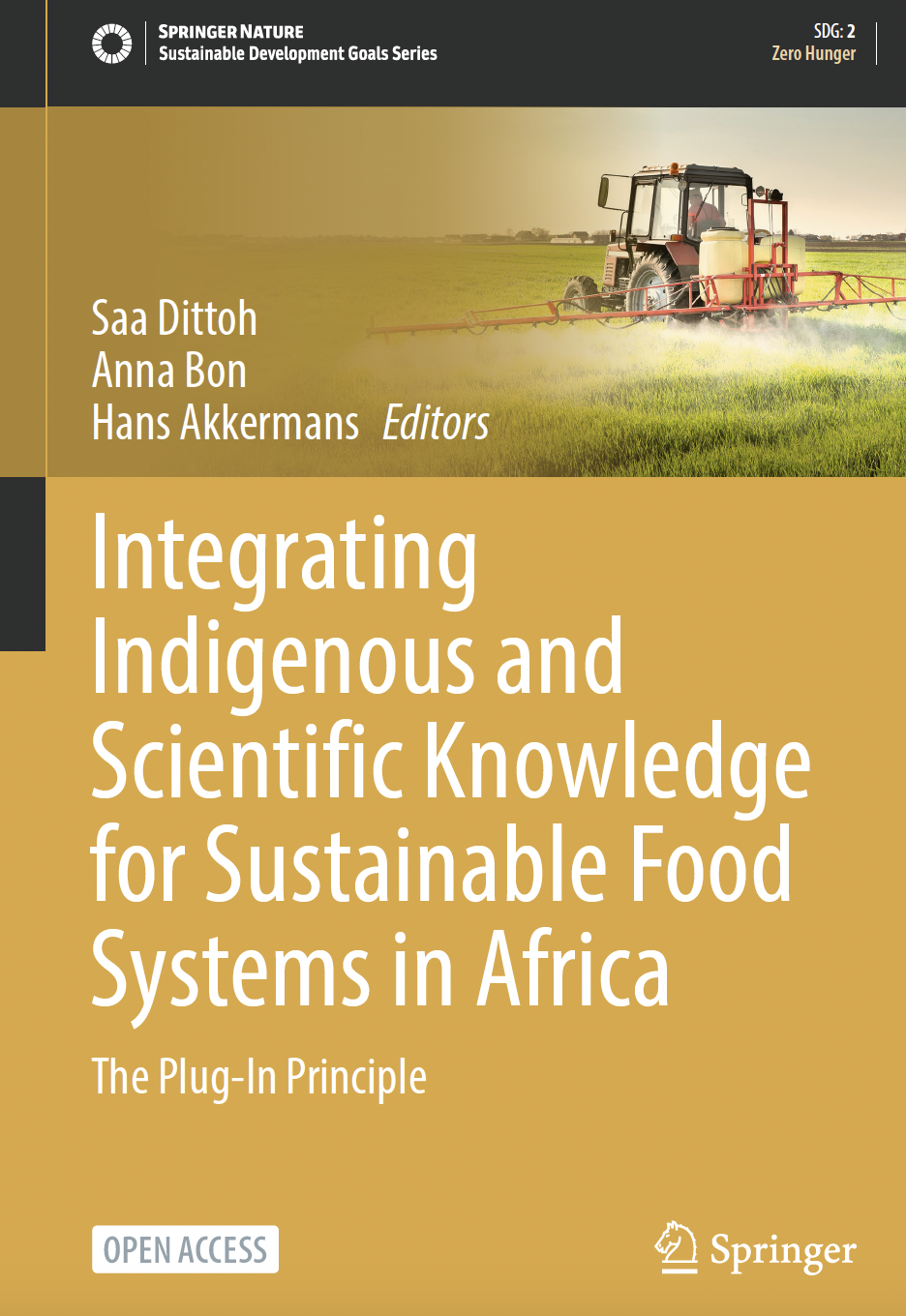How can we integrate indigenous and scientific knowledge systems to address global challenges in the world? A new educational resource for EURIDICE’s educational offer has appeared, in the spirit of “Digital Society, Social Innovation and Global Citizenship”, addressing the United Nations Sustainable Development Goals (SDG), with a strong focus on Global Citizenship.

Abstract It is widely believed that modern technologies such as Information and Communication Technologies (ICTs) for Development (ICT4D) provide important innovative intervention instruments to help achieve food security in Africa and elsewhere in the Global South. This idea is a key tenet of development policies promoted for several decades by Global North/West governments, but one also finds it widely reflected in policy circles in the Global South. In this book, we take a critical look at the potential, promises and actual results of advanced technologies and their effects on agricultural value chains and rural development. We do so by examining failures and successes of a range of recent ICT4D projects in which the present author has been involved. We contrast failures and successes in ICT4D projects so as to identify the main differences that characterize those that succeed versus those that fail. While in some cases success seems coincidental or by chance, there are highly persistent underlying reasons that distinguish failure from success. Accordingly, based on long-term field experiences, I formulate what I call the ICT4D Plug-in Principle.
Saa-Dittoh, F. (2025). Rural Development and the ICT4D Plug-In Principle for Information and Communication Technologies. In Integrating Indigenous and Scientific Knowledge for Sustainable Food Systems in Africa: The Plug-In Principle (pp. 153-167). Cham: Springer Nature Switzerland.
The Sustainable Development Goals Series is Springer Nature’s inaugural cross-imprint book series that addresses and supports the United Nations’ seventeen Sustainable Development Goals. The series fosters comprehensive research focused on these global targets and endeavours to address some of society’s greatest grand challenges. The SDGs are inherently multidisciplinary, and they bring people working across different fields together and working towards a common goal.
This open access book presents a novel approach to food security research (SDG-2 Zero Hunger) by integrating indigenous and scientific knowledge. Through extensive field-based research in Burkina Faso, Ghana, Kenya, Mali, and South Africa, it explores the impact of merging traditional practices and local knowledge with scientific methods.
The Plug-In Principle advocates that advancements in science and technology should enhance rather than replace existing indigenous knowledge. This principle emerged from the failures of many development interventions where attempts at replacement often led to challenges and failures. In agriculture, for instance, interventions in mechanization, soil amendments, seed and breed improvements, and extension services have seldom succeeded due to a lack of integration with existing practices.
Development workers, policymakers, researchers, students, and donor agencies in agriculture and other development areas will find this volume invaluable. Additionally, scholars focused on decolonization and indigenous knowledge in the Global South will uncover insightful case studies and analyses.
Download this Open Access book free of costs at Springer Nature.
*) featured photo by Bruno van Moerkerken, beach at Cape Coast, Ghana 2006
